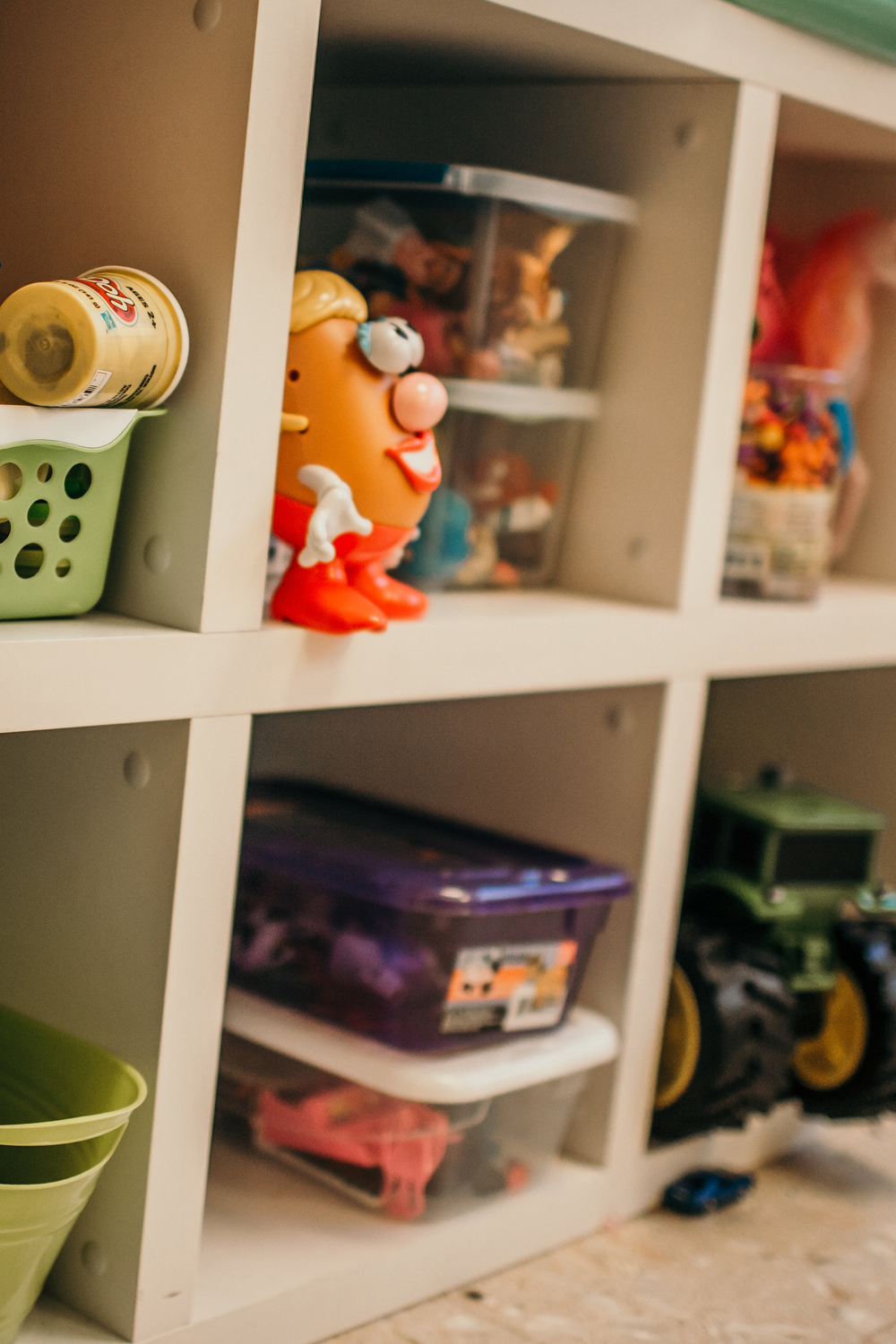Play Therapy
Play therapy differs from regular play in that the therapist helps children to identify and work through their own problems. Play therapy builds on the natural way that children learn, communicate, and gain insight about themselves. Through play therapy, children can learn to communicate needs, wants, and wishes in a manner that allows caregivers, friends, family to understand and resolve the child’s need. Play provides a safe psychological distance from their problems and allows expression of thoughts and feelings appropriate to their development.

Why Play in Therapy?
Play therapy is an evidenced based approach to therapy that builds on the normal language of children. Therapists implement play therapy to help children “play out” what is troubling them when they do not have the language to express their thoughts and feelings. In play therapy, toys are like the child’s words and play is the child’s language. Play therapy allows children to learncoping skills that enable them to better manage their behaviors and emotions. Play therapy may also be used to increase critical thinking skills for the child enabling him/her to develop insight about inner conflicts as well as solve his or her difficulties.
What is a Registered Play Therapist?
A Registered Play Therapist (RPT) is a specially trained mental health professionals who has met the criteria necessary to be an RPT. An RPT has had 150 hours of training, and 300-500 hours of supervision, and has met credentialing by the Association for Play Therapy.
How Does Play Therapy Work?
Often, children have used up their own problem proving skills resulting in misbehavior at school, home, and with friends. Play therapy allows trained clinicians who specialize in play therapy, to assess and understand children’s play. By confronting problems in the clinical Play Therapy setting, children find healthier solutions for communicating their needs, wants, and feelings.
Who Benefits from Play Therapy?
Although everyone benefits, play therapy is especially appropriate for children ages 3 through 12; however, In recent years, play therapy interventions have also been applied to infants and toddlers (Schaefer et. al., 2008).
How Will Play Therapy Benefit A Child?
Play therapy can benefit a children experiencing disorders such as anxiety disorders, obsessive-compulsive disorders, depression, attention deficit hyperactivity, autism spectrum, oppositional defiant and conduct disorders, anger management, crisis and trauma, grief and loss, divorce and family dissolution, academic and social developmental, and physical and learning disabilities.
How Long Does Play Therapy Take?
Each play therapy session varies in length but usually last about 30 to 50 minutes. Sessions are usually held weekly; however, can be modified if necessary.
Will Family Be Involved in Play Therapy?
Families play an important role in children’s healing processes. The play therapist will make some decisions about how and when to involve some or all members of the family in the play therapy. At a minimum, the therapist will want to communicate regularly with the child’s caretakers to develop a plan for resolving problems as they are identified and to monitor the progress of the treatment.
